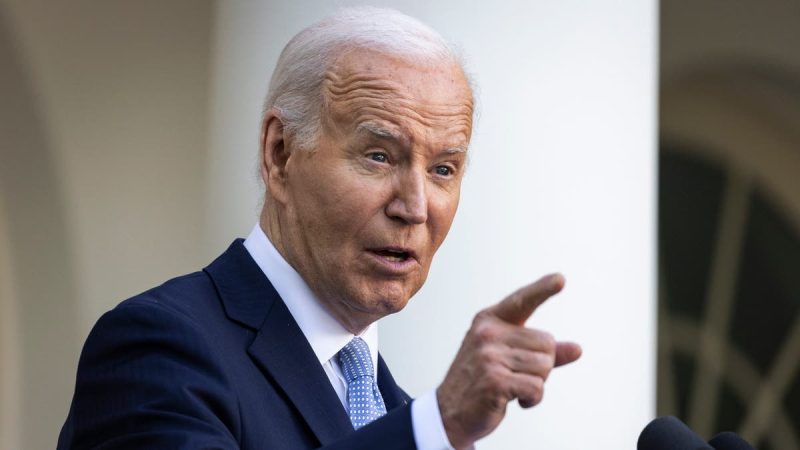The International Criminal Court (ICC) – Reflecting on 20 Years of Progress and Challenges
Established in 2002, the International Criminal Court (ICC) was created with the noble aim of holding individuals accountable for the most serious crimes that shock the conscience of humanity. Over the past two decades, the ICC has made significant strides in pursuing justice and promoting accountability on a global scale. However, despite the billions spent in its operations, the court’s effectiveness and success have faced certain limitations and challenges.
One of the key successes of the ICC lies in its role in prosecuting those responsible for genocide, war crimes, and crimes against humanity. By serving as a forum for seeking justice for victims of atrocities, the ICC has played a crucial role in deterring future crimes and upholding the principles of international law. Notable cases, such as the conviction of Thomas Lubanga for using child soldiers in the Democratic Republic of Congo, highlight the ICC’s commitment to holding perpetrators accountable.
Furthermore, the ICC has also contributed to the development of international criminal law by setting important precedents and clarifying legal standards for prosecuting grave crimes. Through its investigations and trials, the ICC has helped shape the discourse on genocide, war crimes, and crimes against humanity, leading to a greater understanding of these crimes and their implications for global peace and security.
However, despite these accomplishments, the ICC has faced several challenges that have hindered its ability to deliver justice effectively. One of the primary criticisms leveled against the court is its perceived bias and selective approach in choosing which cases to pursue. Critics argue that the ICC has predominantly focused on cases in Africa, leading to accusations of neo-colonialism and political motivations in its decision-making process.
Moreover, the ICC has encountered difficulties in securing cooperation from states and individuals, particularly those who hold positions of power and influence. The court’s reliance on member states for executing arrest warrants and providing access to evidence has often been met with resistance, undermining its capacity to investigate and prosecute crimes successfully. This lack of cooperation has prolonged proceedings and hindered the delivery of timely justice to victims.
In light of these challenges, some countries, including the United States, have contemplated imposing sanctions on ICC officials as a means of expressing dissatisfaction with the court’s performance. Such punitive measures, if enacted, could further strain the relationship between the ICC and powerful states, potentially undermining the court’s credibility and effectiveness in the long run.
As the ICC marks its 20th anniversary, it is essential to reflect on the progress made and the challenges ahead. While the court has made significant contributions to international justice and accountability, addressing the concerns of bias, limited cooperation, and potential sanctions is imperative to ensure its continued relevance and impact in the pursuit of justice for victims of grave crimes worldwide. Only through concerted efforts to overcome these obstacles can the ICC fulfill its mandate and uphold the principles of justice and humanity for years to come.

